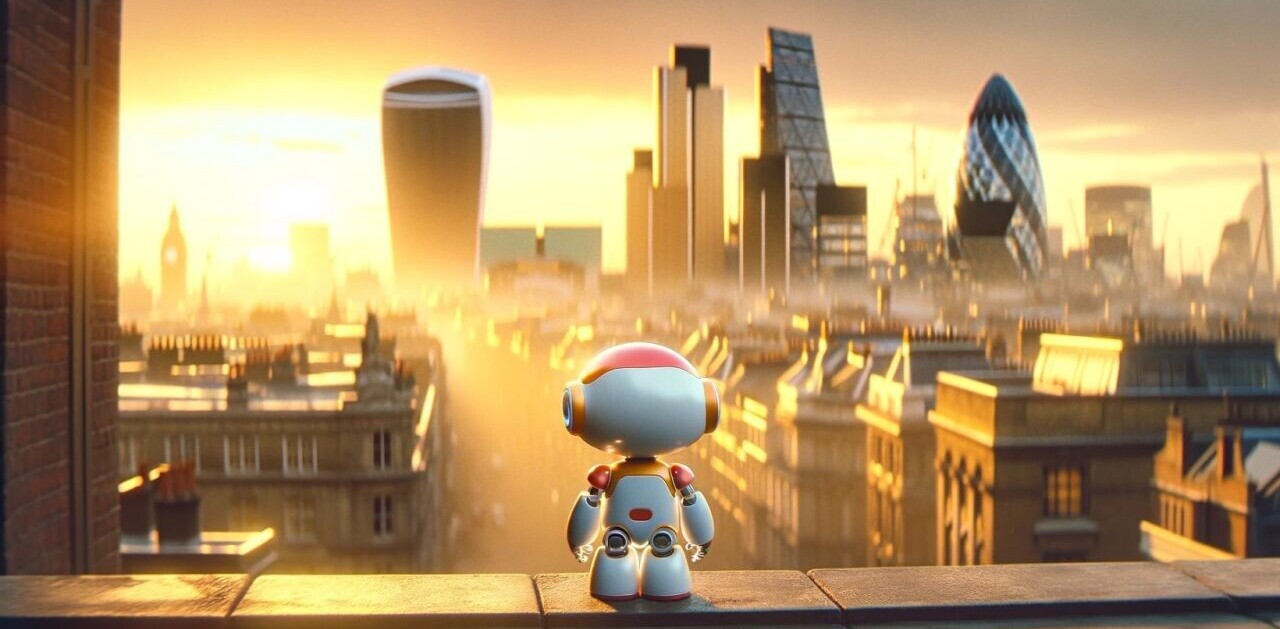
When discussing the BBC’s digital services, iPlayer and its website will likely feature highly in the conversation agenda. But what about the BBC Red Button?
First introduced in 1999 as BBC Text, the Red Button constitutes part of the BBC’s digital TV offering, replacing its analogue Ceefax service. Today, the Red Button gets you alternative broadcasts, say, during sporting events, or text-based information on the day’s biggest sports or news stories.
The spectrum challenge
Now, the BBC is looking to bring the Red Button well and truly into the modern digital era. Whilst it has already transcended its TV roots by landing on Virgin Media, it inherently has limitations as things stand. Why? “Because it relies entirely on broadcast technologies, Red Button competes with other channels for spectrum, writes Daniel Danker, General Manager, Programmes & On-Demand at the BBC. “This is a scarce resource. So scarce, in fact, that this year we’ve seen a phased reduction of broadcast Red Button services, as part of our Delivering Quality First strategy.”
With that in mind, earlier this week Danker outlined the BBC’s plans to mix the best of Red Button as we know it, with BBC Online. This means that Red Button is getting connected – it will bridge broadcast TV with the Web.
“Imagine you’re watching Eastenders and realise you missed the previous episode,” ponders Danker. “Press Red and instantly bring up iPlayer to catch up on the episode you missed.
“Or you’re watching a cooking programme and you see a recipe you’d like to try,” he continues. “Press Red, save it for later and access the recipe on your computer, tablet or mobile when you’re ready to cook.”

Last month we wrote about the BBC’s plans for the first digital Olympics. Audiences will be given full control over when and where they watch Olympic events – PC, mobile, tablet and connected TVs, the latter encompassing smart TVs, games consoles (PS3) and the BBC Red Button. “Audiences will be able to experience this first-hand during the Olympics, where they’ll be able to watch 24 live channels, in HD, available exclusively online but delivered to the TV in a way that blends the media and makes the technology truly invisible,” says Danker.
So Red Button, it seems, isn’t being usurped by young digital upstarts, it’s evolving alongside. We’ll be interested to see how this evolves as the year progresses.
Feature Image Credit: Grongar | Flickr
Get the TNW newsletter
Get the most important tech news in your inbox each week.





